ACNE VULGARIS
- 2 years ago
- 0 Comments
- MY HEALTH
ACNE VULGARIS
Overview of Acne Vulgaris
Acne Vulgaris, commonly known as acne, is a skin condition which occurs when the follicles of the skin are blocked with bacteria, sebum and dead skin cells. The blocked follicles give rise to blemishes on the skin like pimples, blackheads, whiteheads, and cysts which mostly affect the face, back and chest.
Types of Acne Vulgaris
Acne Vulgaris is classified into two main types:
∙ Inflammatory Acne Vulgaris
This is a type of acne that comes with redness and inflammation accompanied with pain to the skin. It is caused by bacteria, dirt and excessive oil in the hair follicles.
∙ Non-inflammatory Acne Vulgaris
This type does not come with pain or swelling but is caused by sebum clogged in the hair follicle of the skin. It appears mostly on the face, chest and back. It is also known as comedones which include whiteheads and blackheads. The major treatment recommended for comedones is salicylic acid which is often found in cleansers, toners and moisturizers and serves as a great exfoliator for the skin.
Comedones
Blackheads (Open comedones)
They are small dark bumps and lesions that appear on the skin characterized by black appearance and the top of the pores stay open. They occur when the pore of the skin gets blocked with dead skin cells, dirt and excess sebum.
Whiteheads (Closed comedones)
Whiteheads are a type of acne in which the pores of the skin get clogged with sebum, bacteria, dirt and the top of the pores stay closed. They appear white and could be caused by stress, hormonal changes and genetics.
The Severity of Acne Vulgaris can be classified as:
Mild Acne: Black and whiteheads fall within this category of acne and are sometimes treated with a salicylic acid based or benzoyl peroxide based cleanser.
Moderate Acne: The pustules and papules are the moderate acne which might not be treated with over the counter medications. They may require booking an appointment with a dermatologist to get an oral or topical treatment.
Severe Acne: Nodules and cysts are the most severe type of acne and SHOULD NOT BE POPPED OR PICKED because it could lead to severe scars. You will need to see a dermatologist to get it treated.
What are the causes of Acne Vulgaris?
Excessive oil (sebum production)
Bacteria
Obstruction of the follicles of the skin with dead skin cells
Polycystic Ovarian Syndrome (PCOS)
Medications containing corticosteroids
Gastrointestinal Conditions like Dysbacteriosis (disruption to the microbiome resulting in an imbalance in the microbiota), Ulcerative colitis
Some things could put you at risk.
These include:
Age (between the ages of 14-18 puberty period) when acne happens after 25 years of age in an individual it means post adolescent acne
Hormonal changes (fluctuations in the level of estrogen, progesterone, and testosterone)
Genetics
Diet (high intake of oily foods and sweet things like chocolate, sweets and cookies)
Cosmetics and lotions.
Lifestyle (Not washing your face at least twice a day)
High Humidity (this is when an individual is exposed to high temperature for a continual long time)
Stress
Features of Acne Vulgaris
Blackheads
Swelling of the skin either on the face, chest, back, shoulder or the T-zones on the face
Erythema (redness of the skin)
Pain felt around the swellings on the skin
Small red tender bumps (papules)
Whiteheads
Pimples with pus at the tip (pustule)
Big large, painful bumps under the skin (nodules)
How can I prevent Acne Vulgaris
Staying hydrated all the time
Washing the face with warm water and mild soap at least twice a day to remove excess oil, dirt and sweat daily
Changing of pillow sleeves at least twice weekly to avoid dirt and oil accumulation
Limit the use of makeup to prevent blockage of the skin follicles
Avoid frequent touching of the face so as to prevent spread of germs and dirt to the face
Always wear a sunscreen to prevent skin damage
Avoid harsh scrubbing of the face to prevent irritation and damage to the outermost layer of the skin
Ensure that whatever you put on your head is clean – ensure you also keep your hair clean
Reduce intake of oily foods like vegetable oil, palm oil and oil that has high cholesterol. Instead coconut oil can be used to prepare dishes.
Try and keep your stress level in check to prevent breakouts
Treatment of Acne Vulgaris
This can be done with medical or surgical options.
In this post, we shall discuss the medical options.
Topical Agents
The choice of topical agents depends on the individual's age, the severity and the site of the acne. Benzoyl Peroxide, Niacinamide, Retinoids, Azelaic acid and Salicylic acid are the topical agents used for treatment of mild to moderate acne. For acne in children who have not yet attained puberty, it is advisable to use mild topical agents like differin, tretinioin and benzoyl peroxide.
Antibiotics
The choice of antibiotics will be made by your health care provider.
Diet
Changes in diet have not proven to be effective in treatment of acne, but various studies have shown that acne can be linked to high intake of oily foods and milky products. It is therefore advisable to reduce intake of oily foods and milky products especially if you are prone to developing acne.
Hormonal Therapy
This also will be determined by your health care provider.
Complications of Acne Vulgaris
These include:
Self-esteem Challenges: Acne doesn’t just affect the skin of an individual but also affect how the person feels about themselves which could be very challenging at times, which causes a feeling of unattractiveness and insecurity which develops to low self-esteem issues on the long run.
Post inflammatory hyper pigmentation: After the acne has been healed, the skin becomes darker because of excessive deposits of melanin causing the skin to give rise to darkened spots which fades overtime with proper use of sunscreen.
Excoriated acne: It’s a type of acne complication that happens when there is consistent touching of the face and popping of pimples, also known as scratched or picked acne. It happens alongside with scarring meaning development of scars on the skin where the acne has affected.
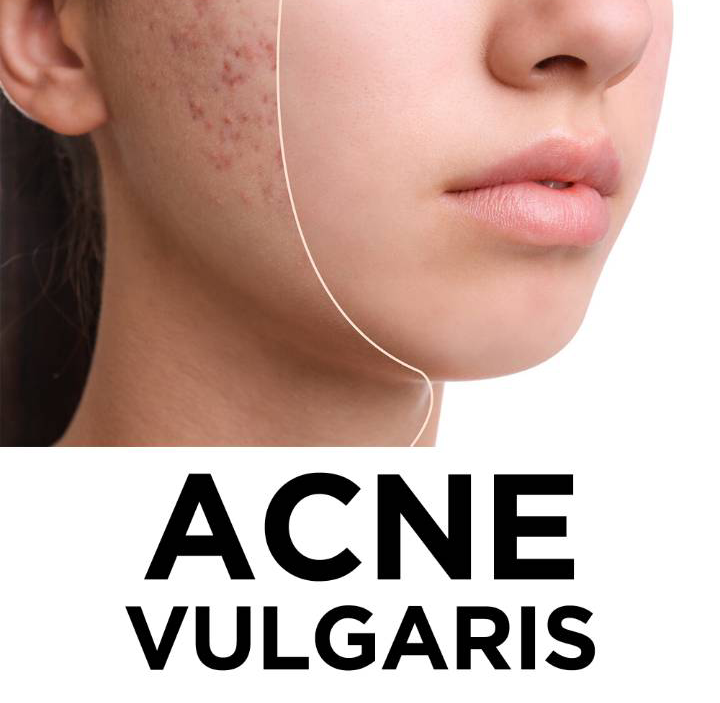
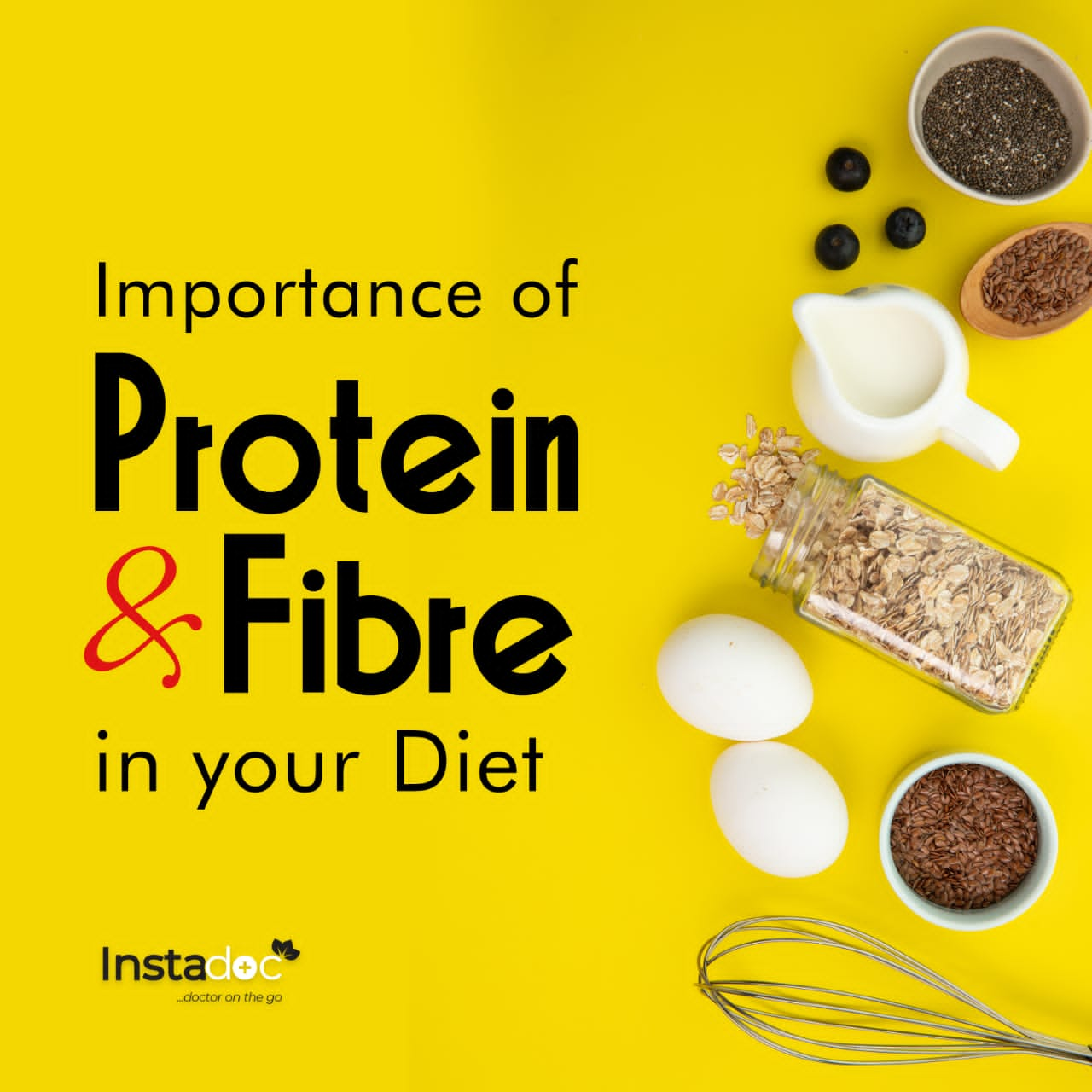
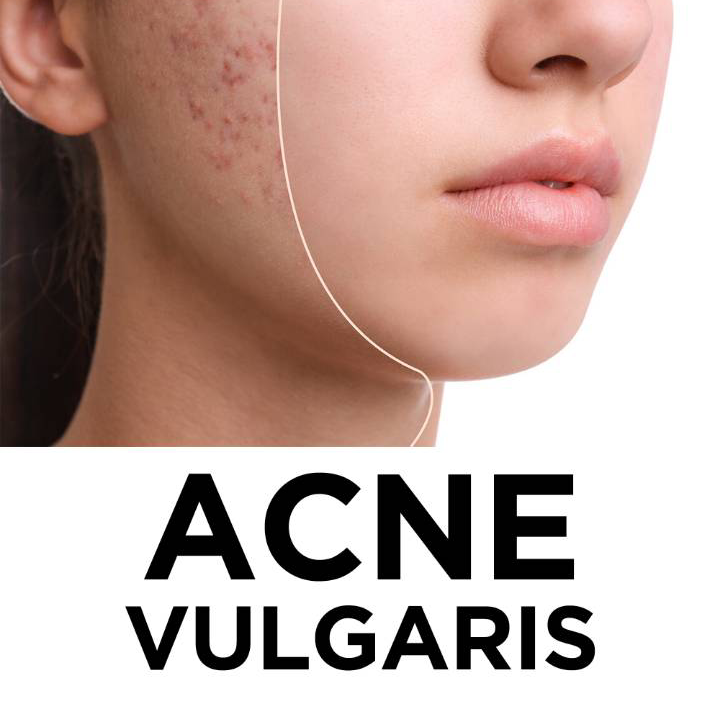
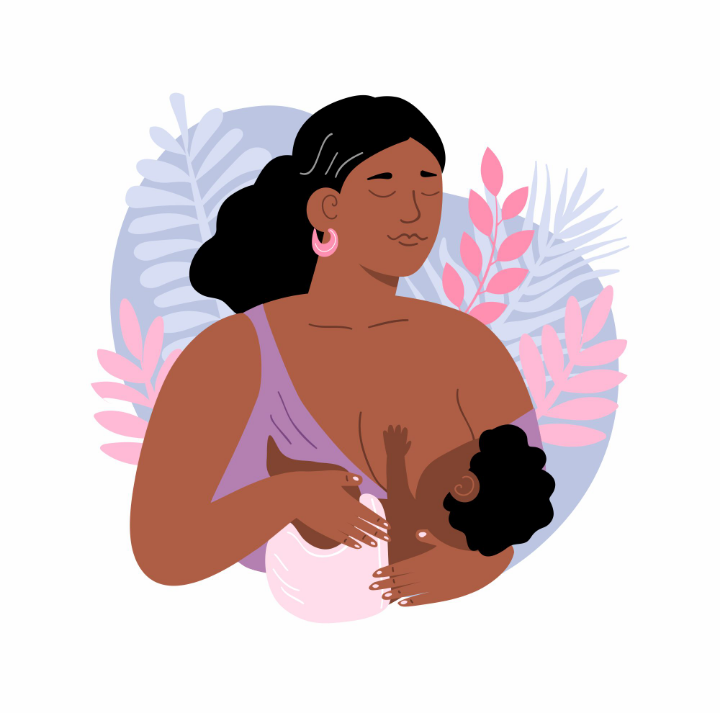
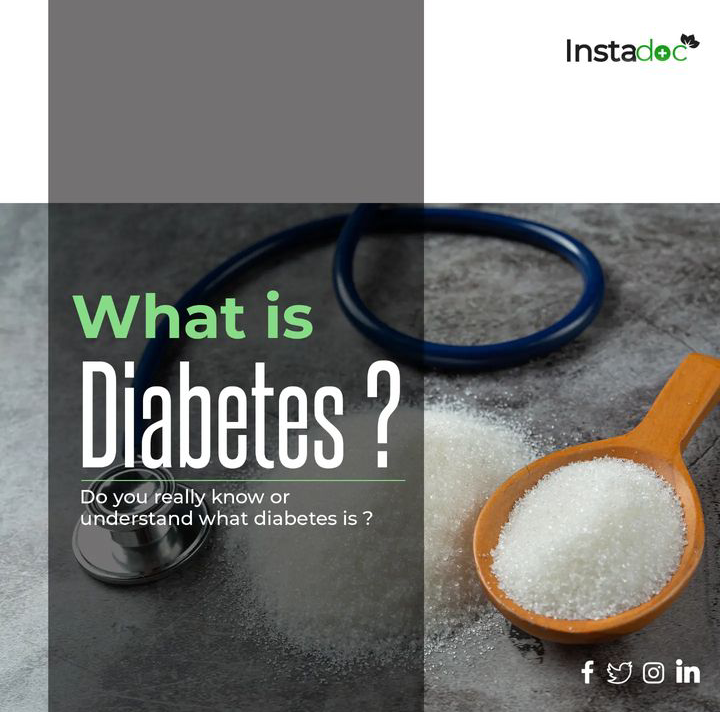
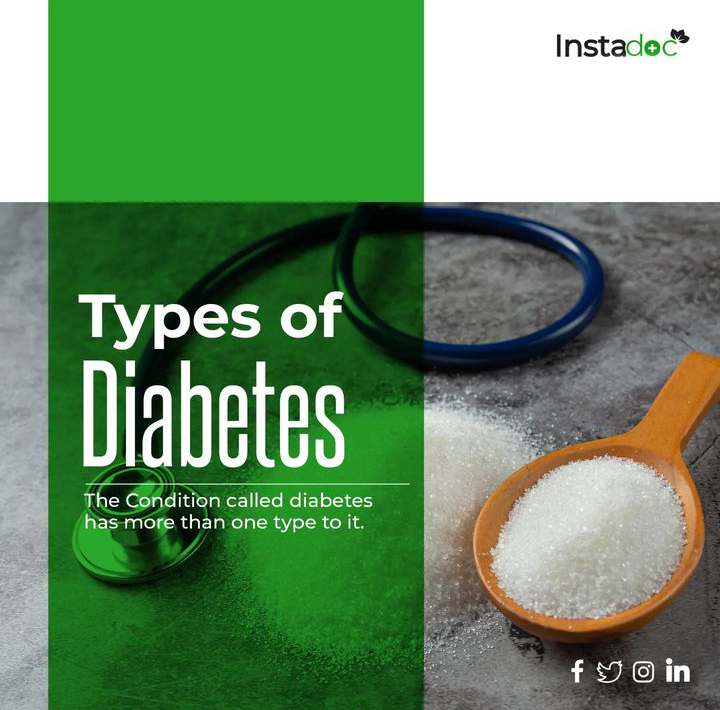
Comments (0)